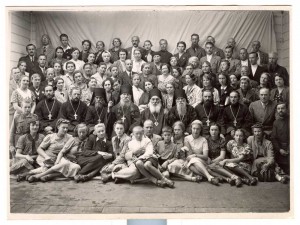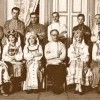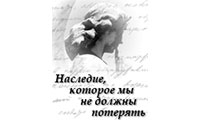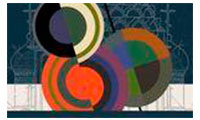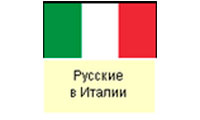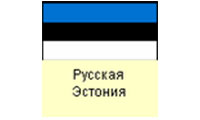An Oasis of Russian Culture
In the conditions of an independent Latvia in the period between the two world wars Riga became one of the cultural centres for Russians living abroad. The Russian population of Latvia could live a life rich in culture and spirit. The Segodnya newspaper was one of the largest publications in Russian printed outside Russia. The only permanently functioning Russian theatre outside Russia with a brilliant troop of actors was in Riga. Like Russian minority schools of Latvia, the Russian theatre was financed by the state budget of Latvia. Talented Russian artists made their creations in Latvia. Many famous representatives of the Russian cultural and scientific elite visited Riga. Ivan Bunin, who was awarded the Nobel Prize in 1933, came to Riga, as did Ivan Shmelev. Feodor Chaliapin was on tour in Riga several times. Residents of Riga had the opportunity of getting to know the works of the poet Alexander Vertinsky. The performances of the Choir of the Don Cossacks left an unforgettable impression. Many well known Russian scientists read their lectures, amongst them the philosophers Nikolay Berdyayev, Ivan Ilyin and Semyon Frank. The proximity to Russia and the presence of a large local Russian population attracted many prominent Russian émigrés.
‘On the strength of its geographical position, Riga, situated on the junction of two worlds – the Russian and the Western European, readily invited artistes from the East as well as from the West. Russian artistes travelling west could not pass Riga by, with its warm and enthusiastic greeting. In Riga well known soloists of the Bolshoy Theatre gave tours in Riga: Barsova (coloratura soprano), splendidly playing the part of Rosina in ‘the Barber of Seville’, Maksakova (Carmen), Sobinov, Zhadan – in the role of Lensky in ‘Eugene Onegin’ and others. From the west came Chaliapin, singing in Russian the part of Boris Godunov at the opera, and appea-ring in ‘the Mermaid’ and also in concert. Tickets were sold out several months beforehand. His performances were events, which residents of Riga of all ages and nationalities had been preparing for and remembered for a long time’, recalls Natalya Sinayskaya, eye-witness of the events of those years.
Юрий Абызов. Латвийская ветвь российской эмиграции
Игорь Закке. В память о русской библиотеке Ивановых в Риге


